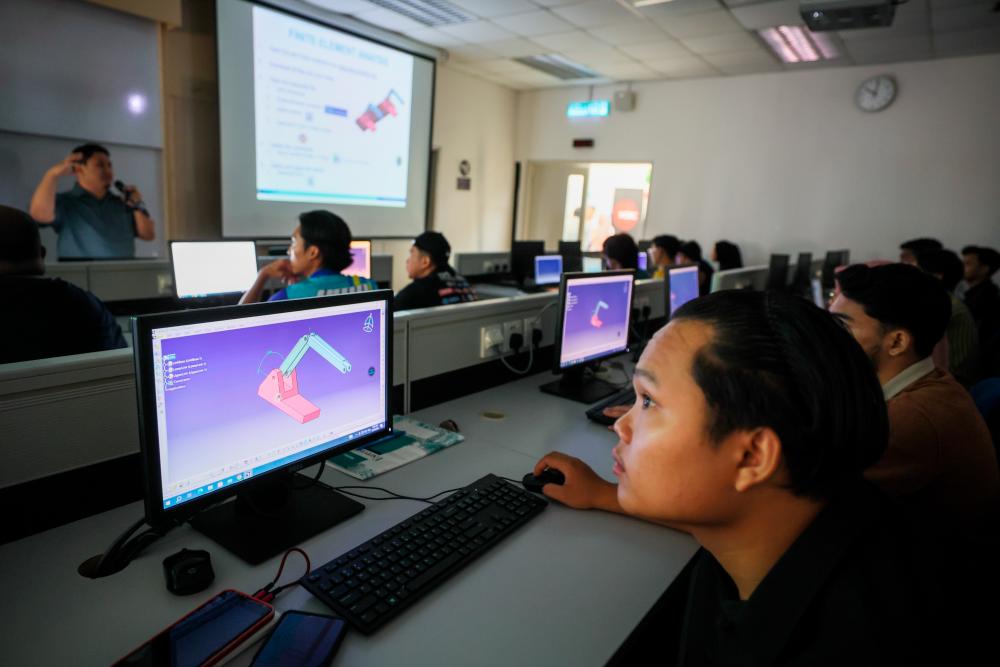PETALING JAYA: A total of 170,000 Sijil Pelajaran Malaysia candidates pursued further education in 2019 while 390,000 of the 560,000 candidates that year left for the job market, said the Statistics Department in its latest figures on the matter.
National Association of Private Educational Institutions secretary-general Dr Teh Choon Jin said this tendency will continue in tandem with global trends, in which those aged 18 to 24 drop out of school to gain working experience before returning to their studies through open and distance learning (ODL).
“They are motivated by the desire to gain experience as companies prioritise hiring based on individual competencies and experience.
“Students with working experience can also better relate their classroom theories with practical experience at the workplace, unlike those that further their education directly.”
Teh said most school leavers only start seeking higher qualifications after working for some time as additional paper qualifications will help them get promoted at work.
Hence, he said universities in the country should allow students to gain qualifications based on their work experience and integrate this into the curriculum through close collaboration with industry partners.
“The Malaysian Qualifications Agency (MQA) has made changes to the Malaysian Qualifications Framework to provide credits for work experience and experiential learning by evaluating and accrediting programmes across public and private educational institutions.
“Through such stringent standards and regular audits, the MQA protects employers from unqualified graduates and students from inadequate education.”
Teh said students who undergo ODL programmes can study at their own pace as this helps them balance work commitments with studies, where courses are designed on a modular basis so they can complete their education within a given timeframe.
He said tertiary institutions could also partner with the Human Resource Development Corporation (HRDC) to develop programmes for employees who wish to study part-time due to financial constraints.
“Such initiatives will allow employees to be seconded for training, reskilling and upskilling, which will maximise the value of their contributions to employers.
“Employees can also have the option to use their Employees Provident Fund savings to finance their future educational journeys. If they are employed by a company that contributes to the HRDC levy, they can coordinate with their employers to cover their fees through the claimable levy,” he said.
LeapEd Services executive director Nina Adlan Disney said tertiary institutions must consider students as core stakeholders, adopt a student-centric approach to their learning experiences and ensure their curriculum prepares them for employment.
She said the institutions must cater to students who move away from the traditional path and ensure they acquire the skills demanded in the job market, apart from being more flexible to mature students who return to their studies after having worked for a spell.
“They should welcome a more diverse student body and leverage their age and experience as part of the learning process,” she said.
Bachelor of Business Administration (BBA) student Syazana Najwa Khairudin, 25, who works as an assistant social media manager at a dental clinic, said her working experience allowed her to actively participate in class discussions.
“This makes it easier to apply the concepts I learned at university to real-life scenarios.
“It is an advantage to my academic pursuit because my learning experience is enriched with theory and practice.”









